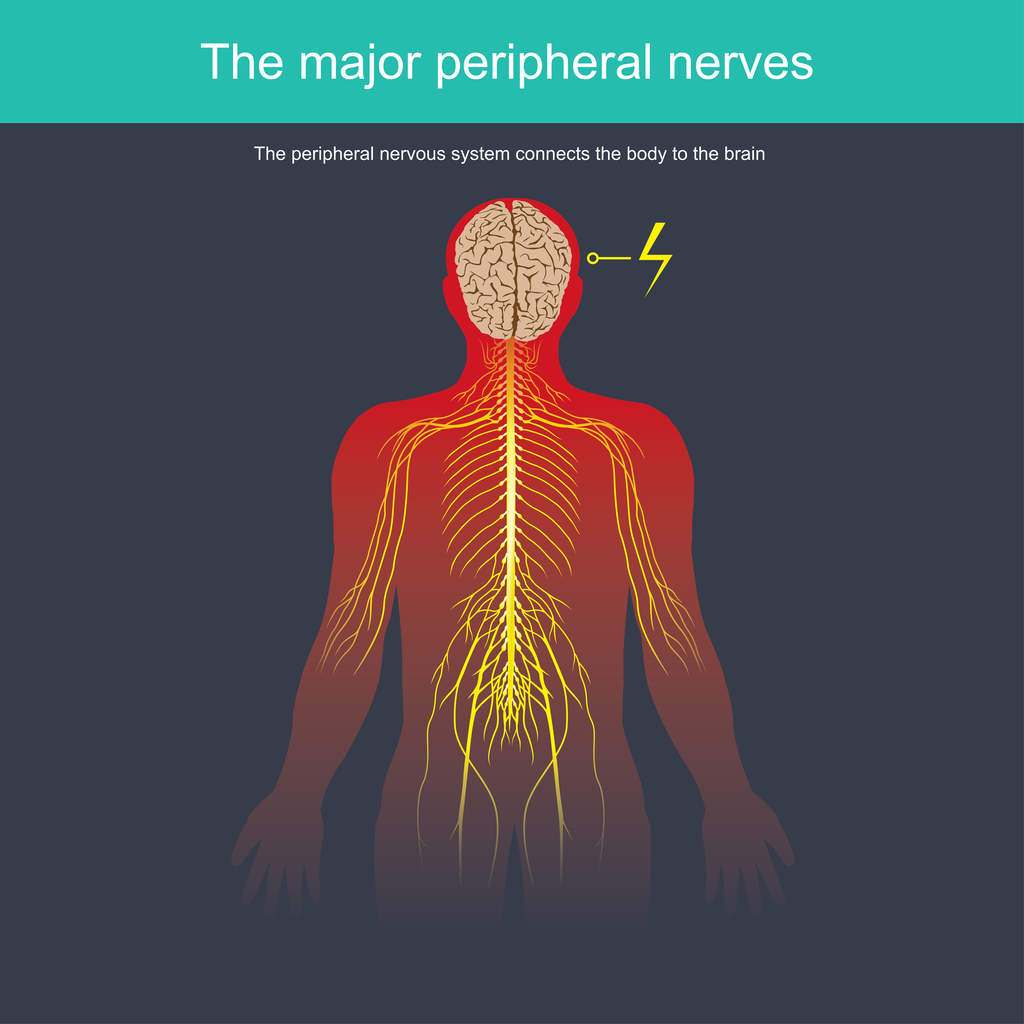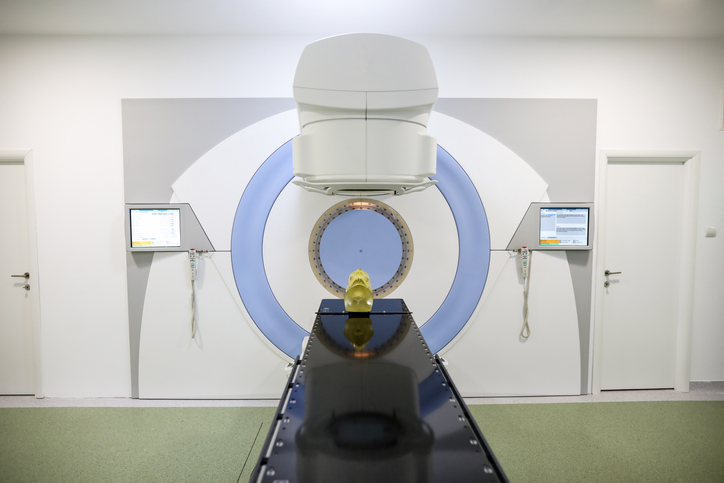Pain
Causes of Peripheral Neuropathy
Source: Mayo Clinic, National Institute of Neurological Disorders and Stroke: National Institutes of Health

195 people found this helpful
Print
Share
Save
Peripheral neuropathy can occur as the result of a wide range of medical conditions; however, in some cases, the cause is unknown (idiopathic). Diabetes mellitus is the most common cause of peripheral neuropathy in the United States. Other primary causes of peripheral neuropathy include, but are not limited to, the following:
- Alcoholism
An unbalanced, unhealthy diet often accompanies alcoholism. This can lead to vitamin deficiencies, which can contribute to the development of peripheral neuropathy. - Autoimmune diseases
Autoimmune conditions in which the immune system mistakenly attacks healthy tissue include lupus, rheumatoid arthritis, Sjögren’s syndrome, Guillain-Barré syndrome, chronic inflammatory demyelinating polyneuropathy, and necrotizing vasculitis. - Blood or vascular conditions
When peripheral nerves do not receive proper blood supply, nerve tissue damage can develop. Lifestyle choices, such as smoking, or health conditions, such as high blood pressure, atherosclerosis, or vasculitis, can restrict or limit the blood supply to the peripheral nerves which deprives them of proper oxygen. - Cancers and cancer treatments
Peripheral neuropathy can occur due to lymphoma, osteosclerotic myeloma, and multiple myeloma. Certain chemotherapy drugs are a common cause of neuropathy. Radiation therapy can also damage the nerves, leading to neuropathy. - Certain medications
Certain antibiotics, HIV medications, and statin medications can cause damage to peripheral nerves. - Exposure to toxins
Exposure to toxins, such as heavy metals, chemicals, gold compounds, lead, arsenic, mercury, or organophosphate pesticides can cause peripheral neuropathy. - Infections
Some viral or bacterial infections, such as shingles, Lyme disease, Epstein-Barr virus, hepatitis C, HIV, leprosy, and diphtheria can cause peripheral neuropathy. - Trauma or pressure on the affected nerve
Trauma from a motor vehicle accident, sports injury, or fall can damage or sever nerves from the spinal cord. Arthritis or repetitive motion from an activity or occupation, such as typing or using crutches, can contribute to swelling of the tendons or ligaments, narrowing the nerve pathways. This causes nerve compression, which can lead to peripheral neuropathy. Broken or fractured bones can put pressure on nearby nerves. Slipped discs in the spinal cord can also compress nerve fibers where they exit the spinal cord. - Tumors
Cysts or tumors (malignant or benign) can apply pressure on nerves. Paraneoplastic syndrome, a cancer-related immune response that attacks the body, can also cause pressure to nerves and impair function. - Vitamin imbalances
Nerve health depends on vitamins B1, B6, B12, vitamin E, and niacin. Malnutrition from an unbalanced diet can cause damage to peripheral nerves. Vitamin B12 deficiency or excess vitamin B6 are the most common causes of peripheral neuropathy associated with vitamin imbalances. - Other health conditions
Other health conditions, such as liver disease, hypothyroidism, or connective tissue disorders can lead to peripheral neuropathy. Kidney disease causes peripheral nerve damage due to an imbalance of chemicals, salt, fluids, and waste products that accumulate in the body. - Inherited disorders
Although rare, neuropathies can be inherited. Examples include Charcot-Marie-Tooth disease and amyloid polyneuropathy.


















